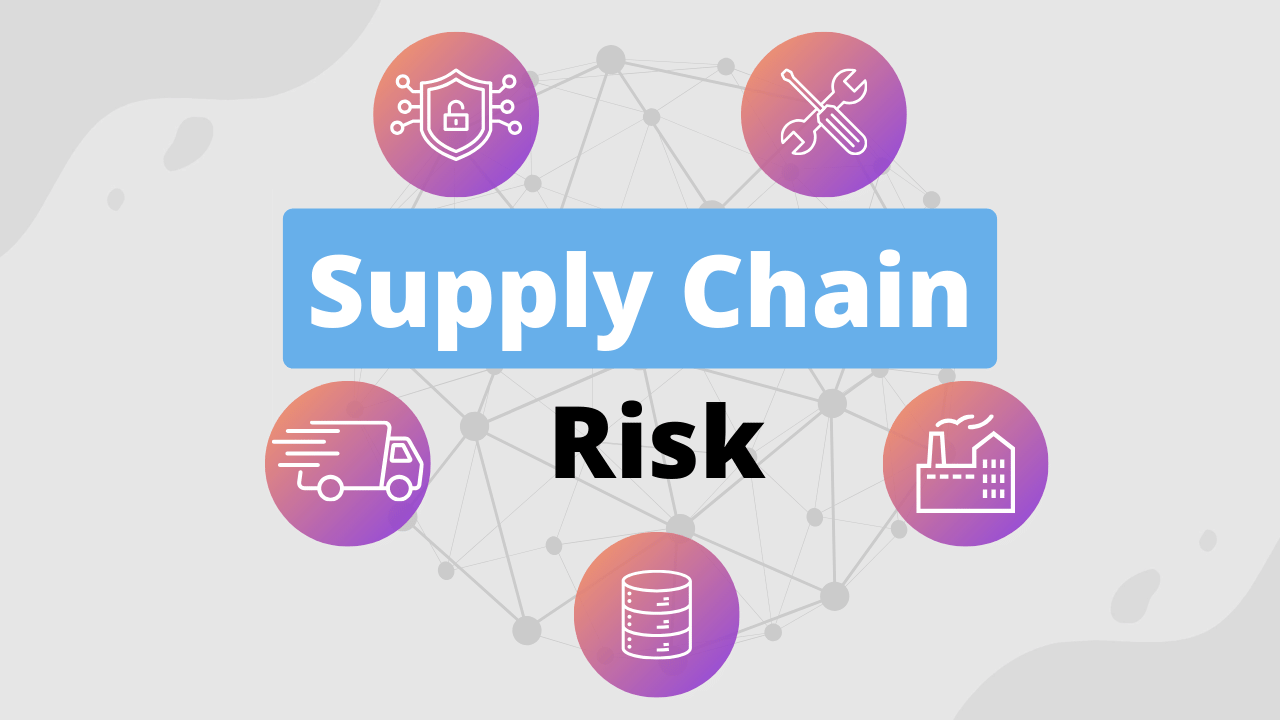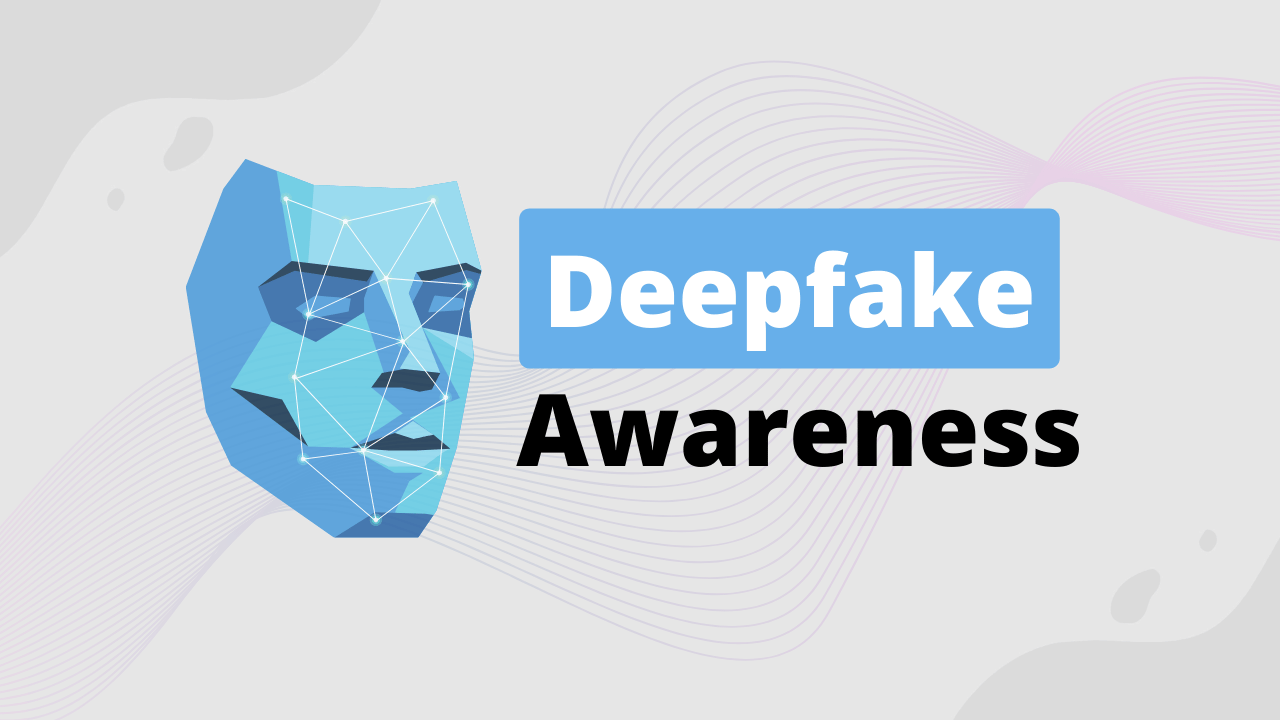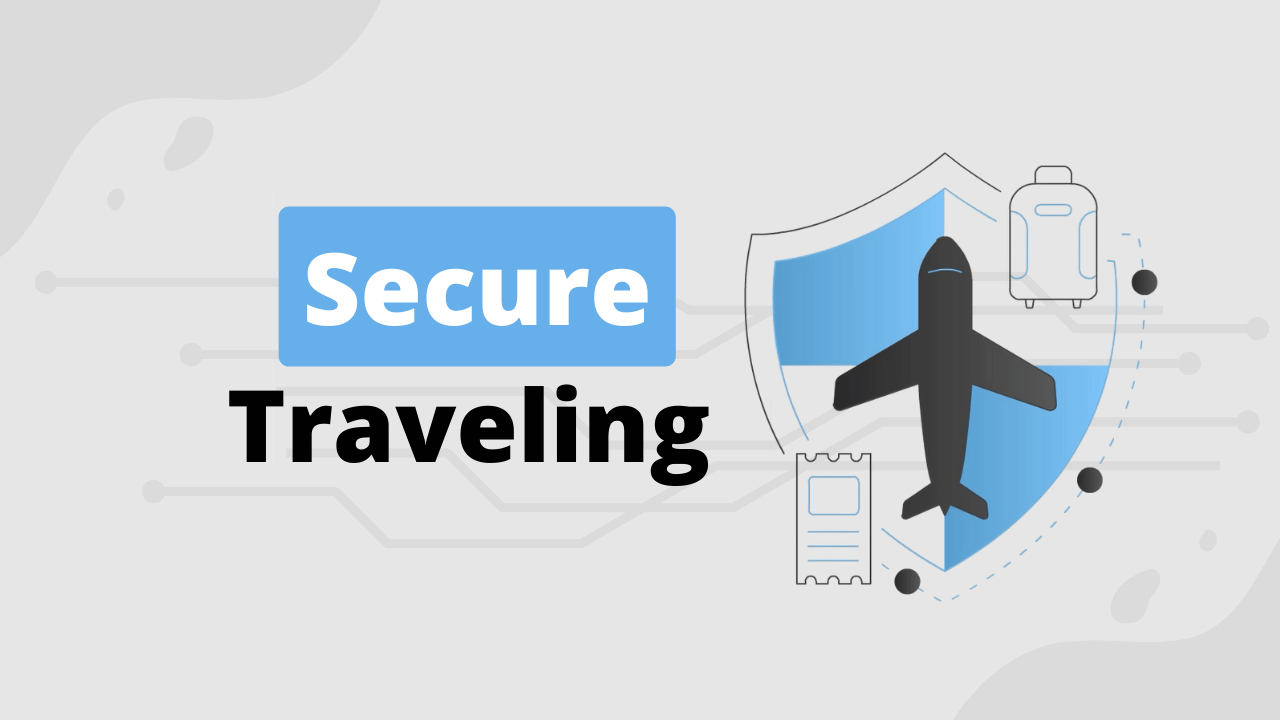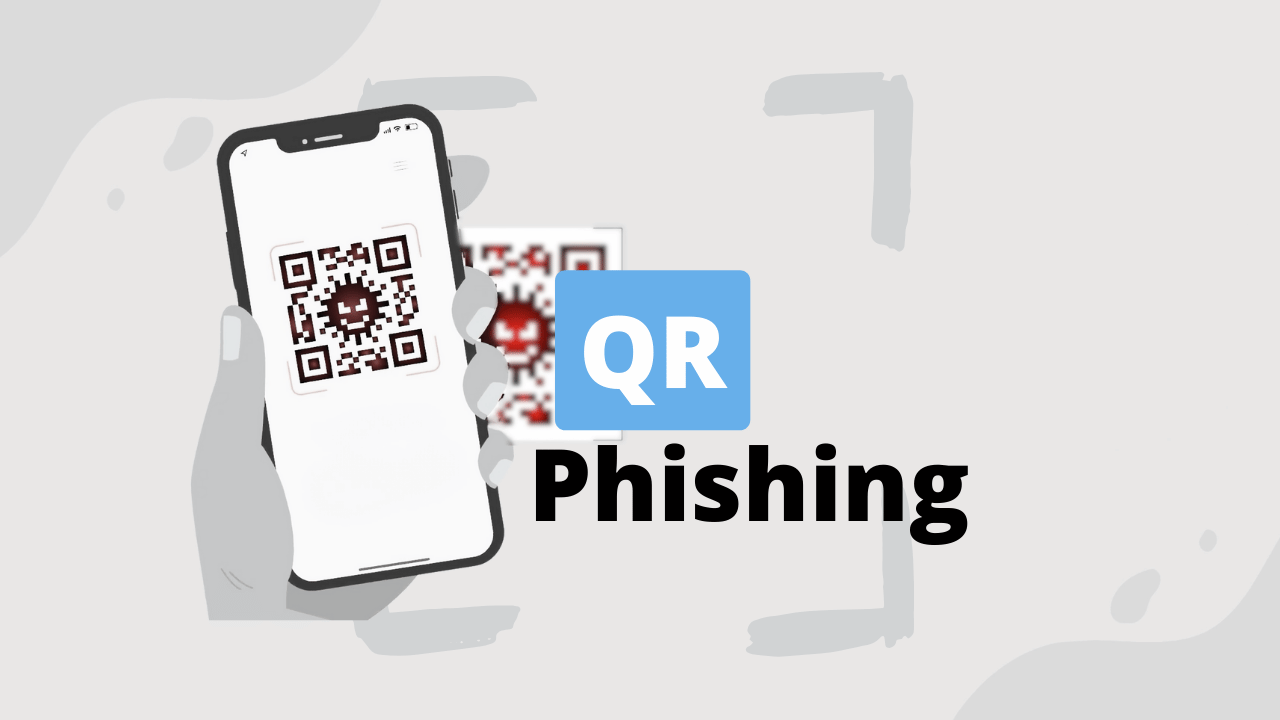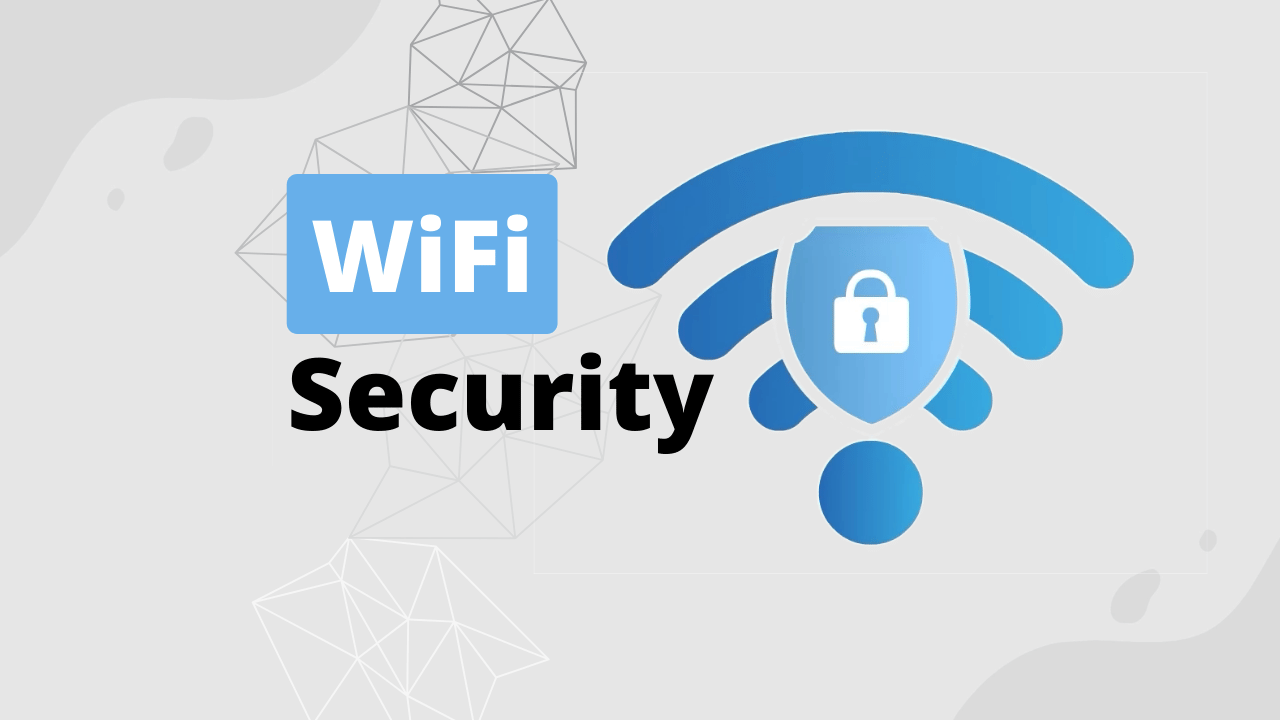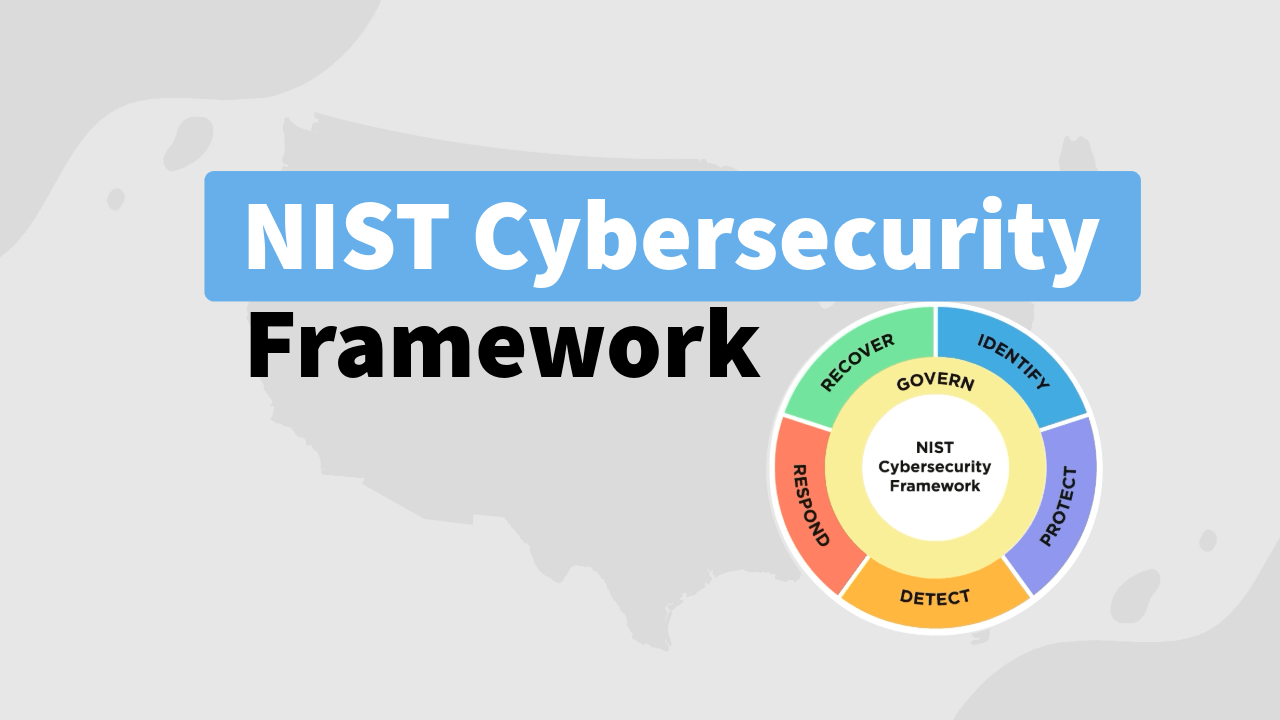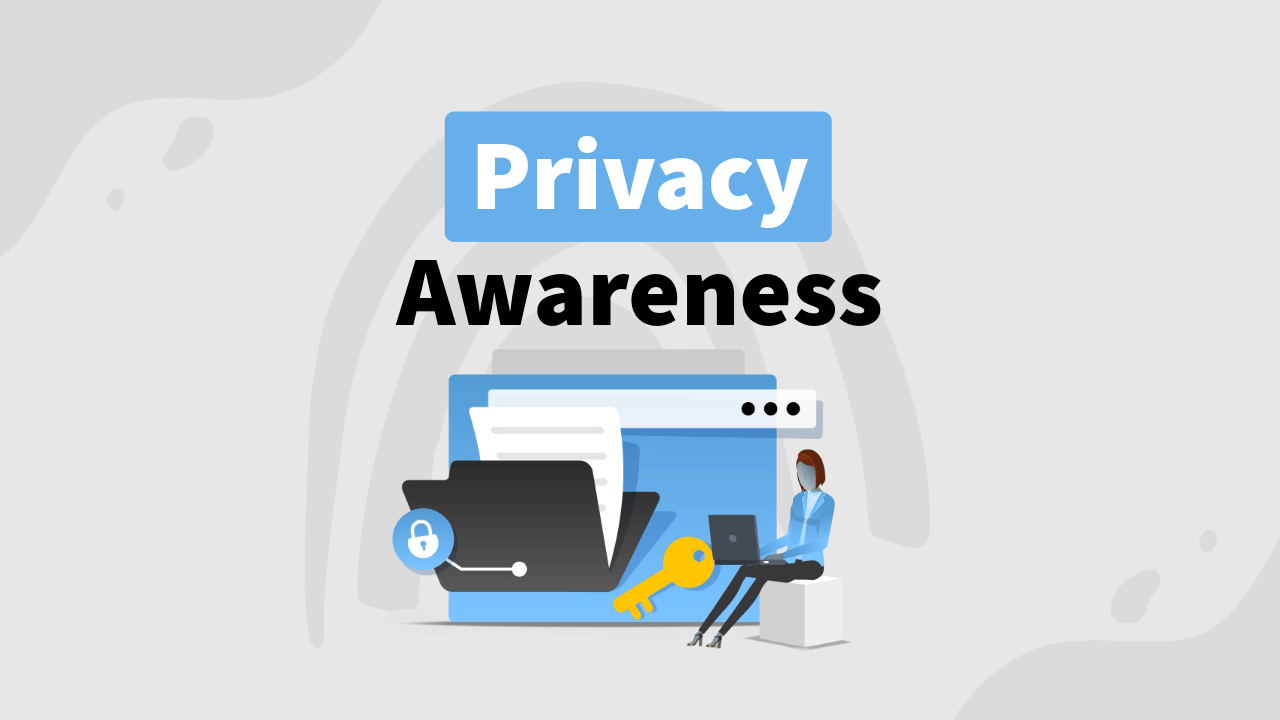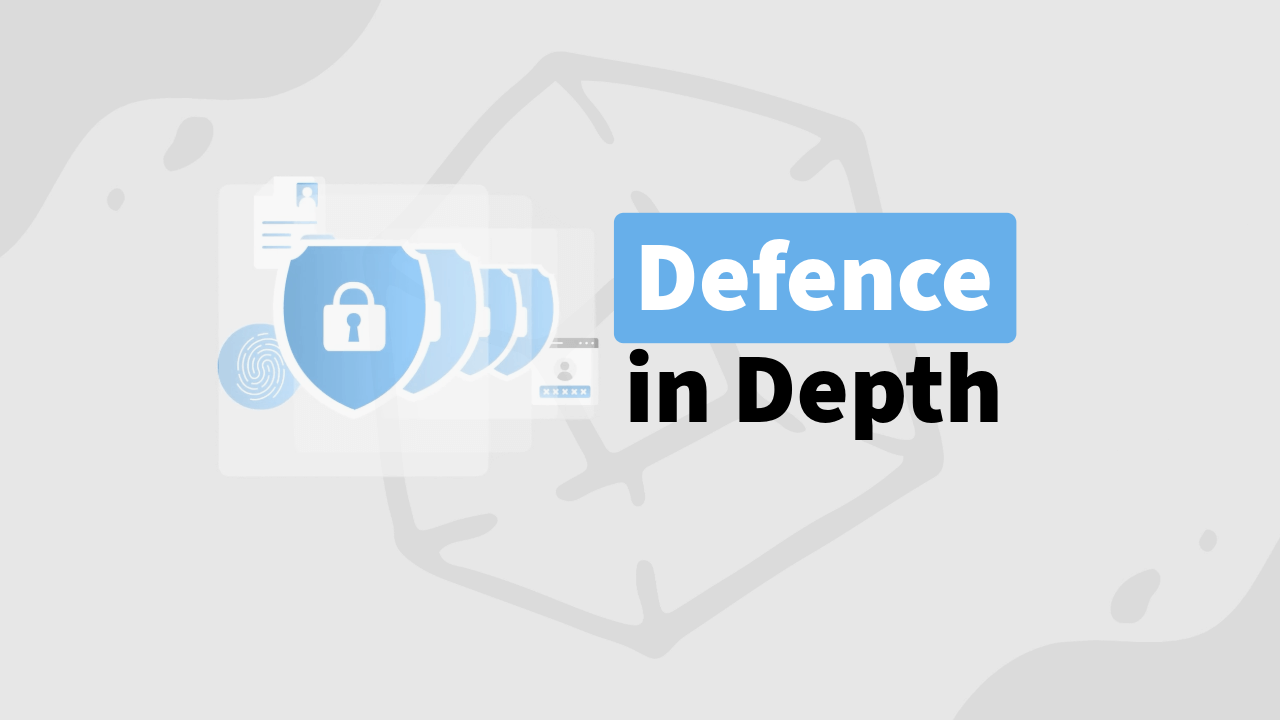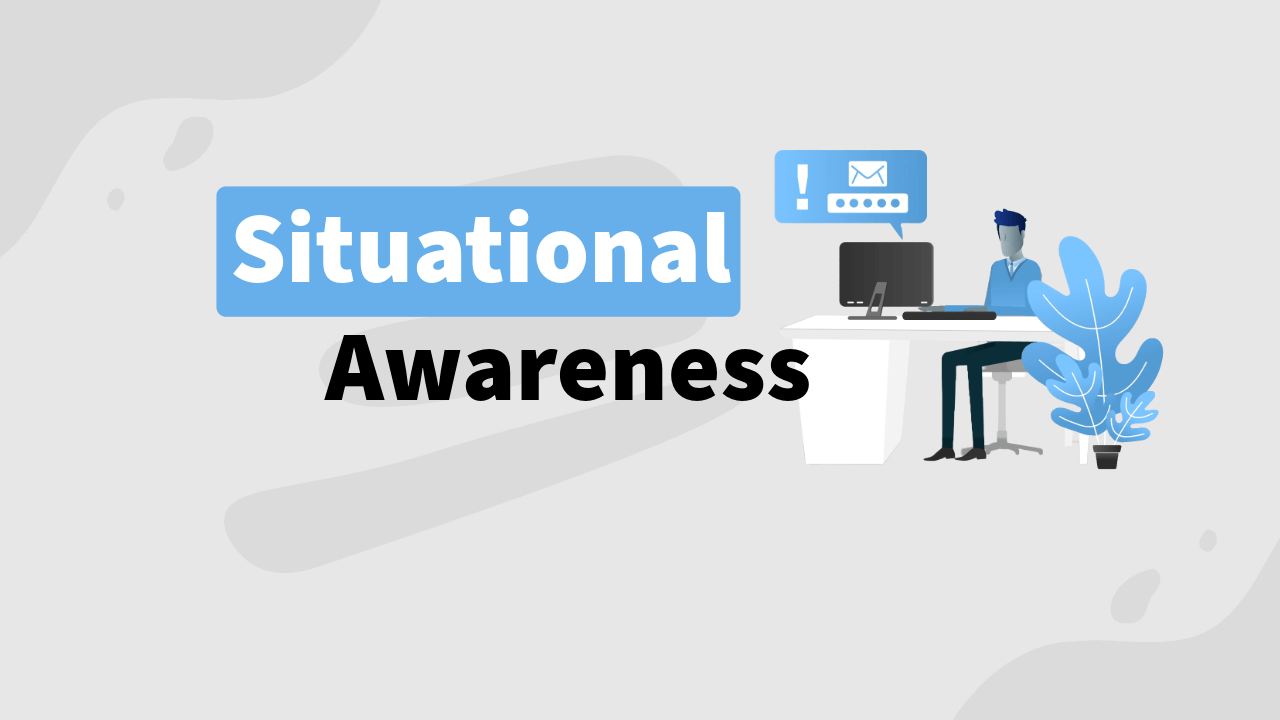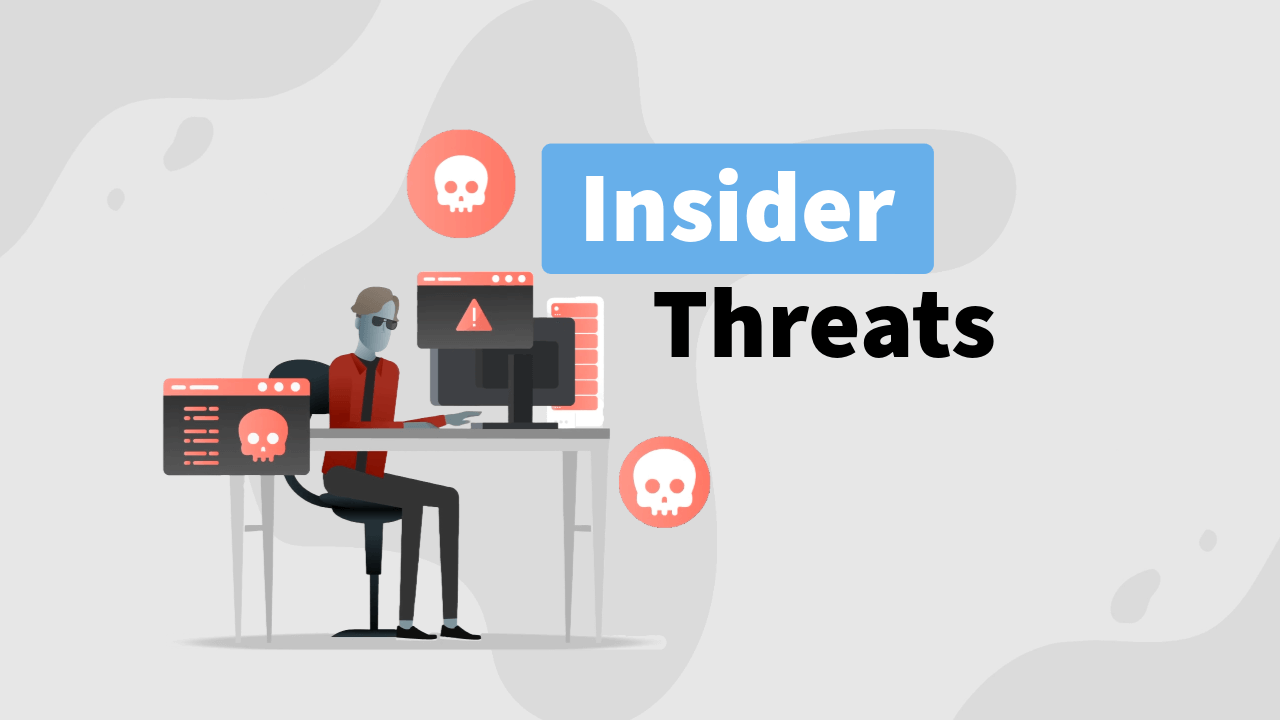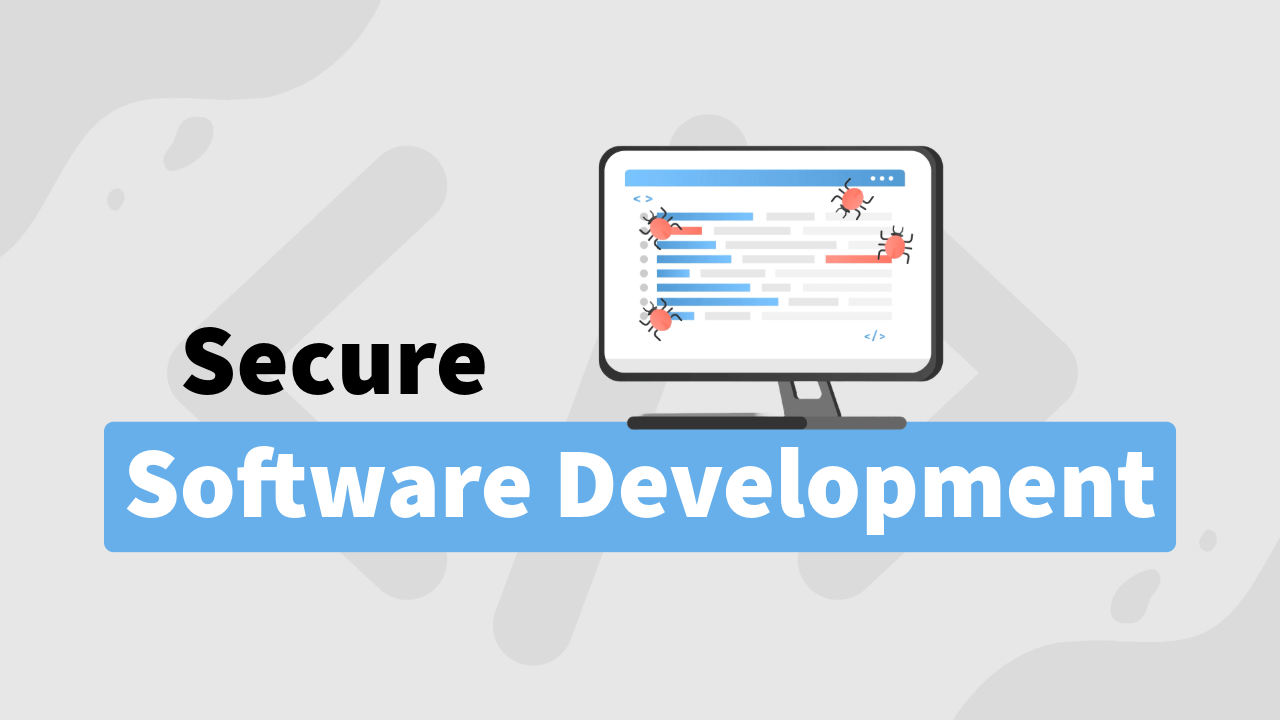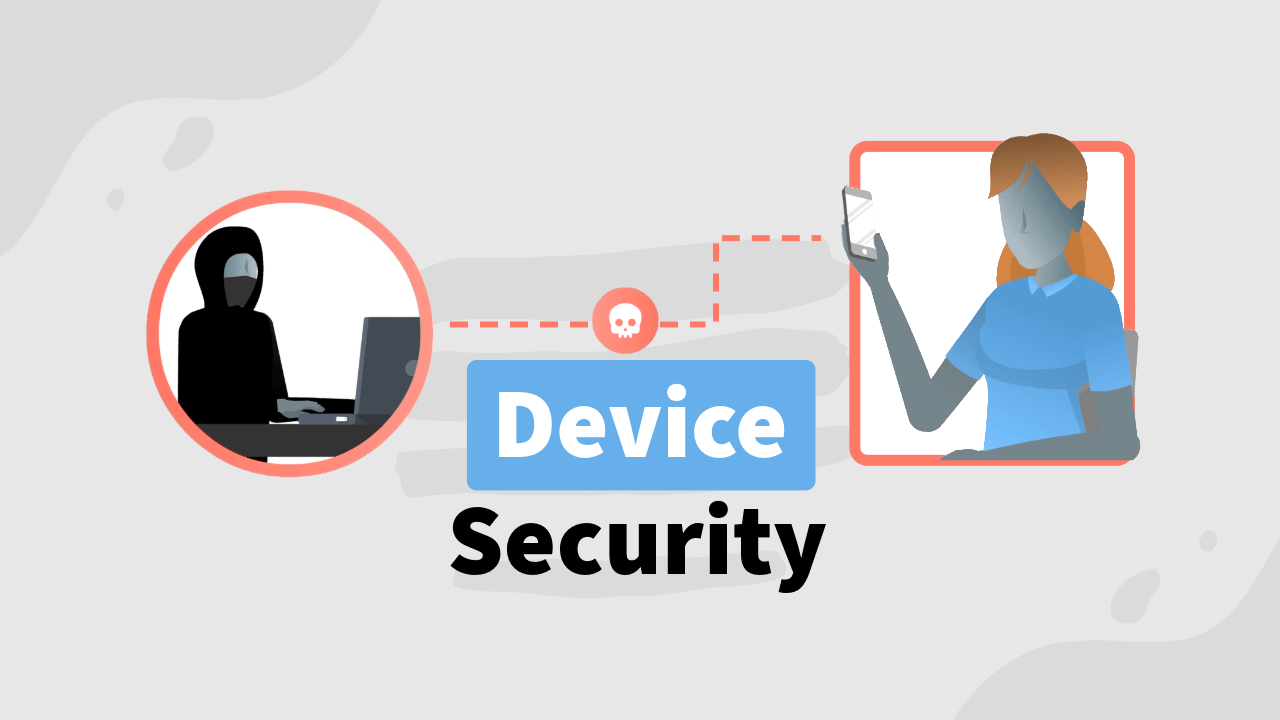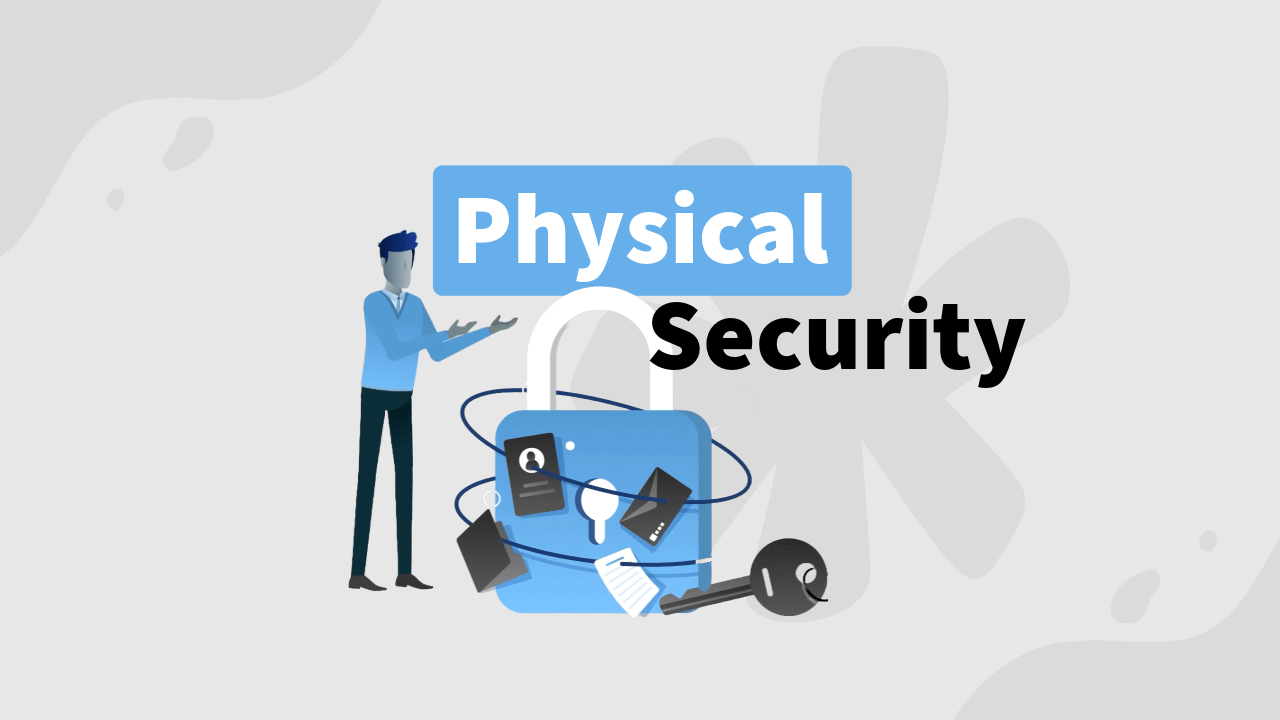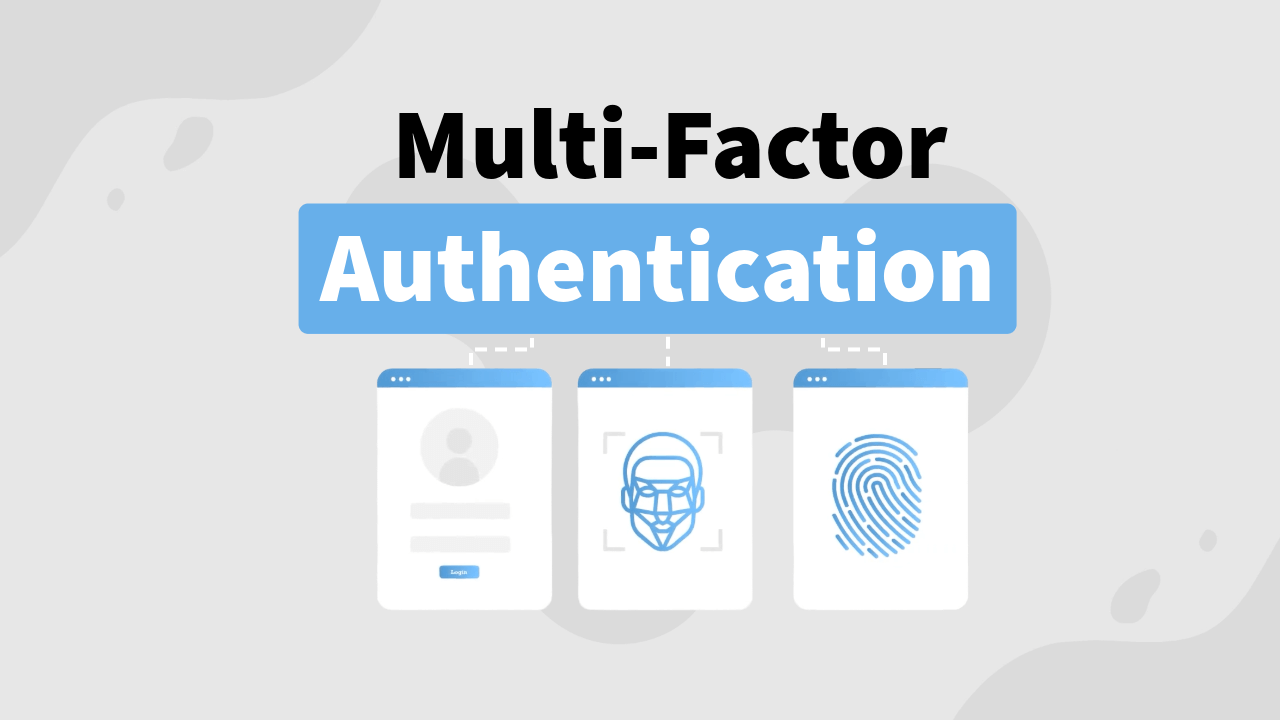Cyber Security Training Courses
CanIPhish has developed a variety of cyber security awareness training courses that are designed for employees. Don't just take our word for it. Take a look at some of the courses in our library!

Why Should You Conduct Cyber Security Awareness Training?
The main goal of cyber security awareness training is to educate your employees about the importance of cyber security and teach them how to not only protect themselves but also gain the much-needed confidence that ensures they can securely collaborate on the internet. By teaching employees how to identify and mitigate potential security risks, you can reduce the likelihood of successful cyber attacks and protect your organization from potential cyber breaches.
Cyber Security Awareness Training Course Library
Now that we know why cyber security awareness training is important let's take a look at the library of free cyber security training offered by CanIPhish!
Assigning Cyber Security Awareness Training
Cyber security awareness training is a fundamental part of securing modern businesses. When we break security controls down to their fundamental components, they comprise people, processes, and technologies.
Cyber criminals will look for any weakness when attempting to compromise businesses, and naturally, people are the most accessible and also the most commonly exploited. By training employees to be cyber-safe, we can protect them and, by proxy, our businesses. Let’s delve into the three types of security awareness training that can be delivered.
Cyber Security Training For Everyone
This type of training is what every employee should receive during their employment (with periodic refresher training). Some examples of this type of training include phishing training, situational awareness training, privacy awareness training, insider threat training, secure internet browsing, and more.
These training courses are designed to help employees be more cyber-aware during the course of their day-to-day job and make it less likely that a cyber criminal is able to exploit them as part of a social-engineering attack.
Cyber Security Training For Technical Employees
This type of training is designed for a subset of employees, such as IT administrators and software developers. Some examples of this type of training include secure software development training and privileged user training.
These training courses are designed to ensure technical employees know the importance of industry best practices and follow them. Following these best practices can help to reduce the overall attack surface of a business and ensure that there aren’t unnecessary technology or process-related weaknesses that a cyber criminal can exploit.
Cyber Security Training For Compliance
This type of training is designed for all employees but only relates to businesses operating in specific industries or geographic regions where regulations or compliance frameworks need to be adhered to. Some examples of this type of training include secure credit card handling training, GDPR fundamentals training, ISO 27001 fundamentals training, SOC 2 fundamentals training, and more.
These training courses are designed to outline each employee's obligations when it comes to adhering to these regulations and compliance frameworks. While the immediate goal of these training courses is compliance-focused, the end goal is a more cyber-secure workforce.


